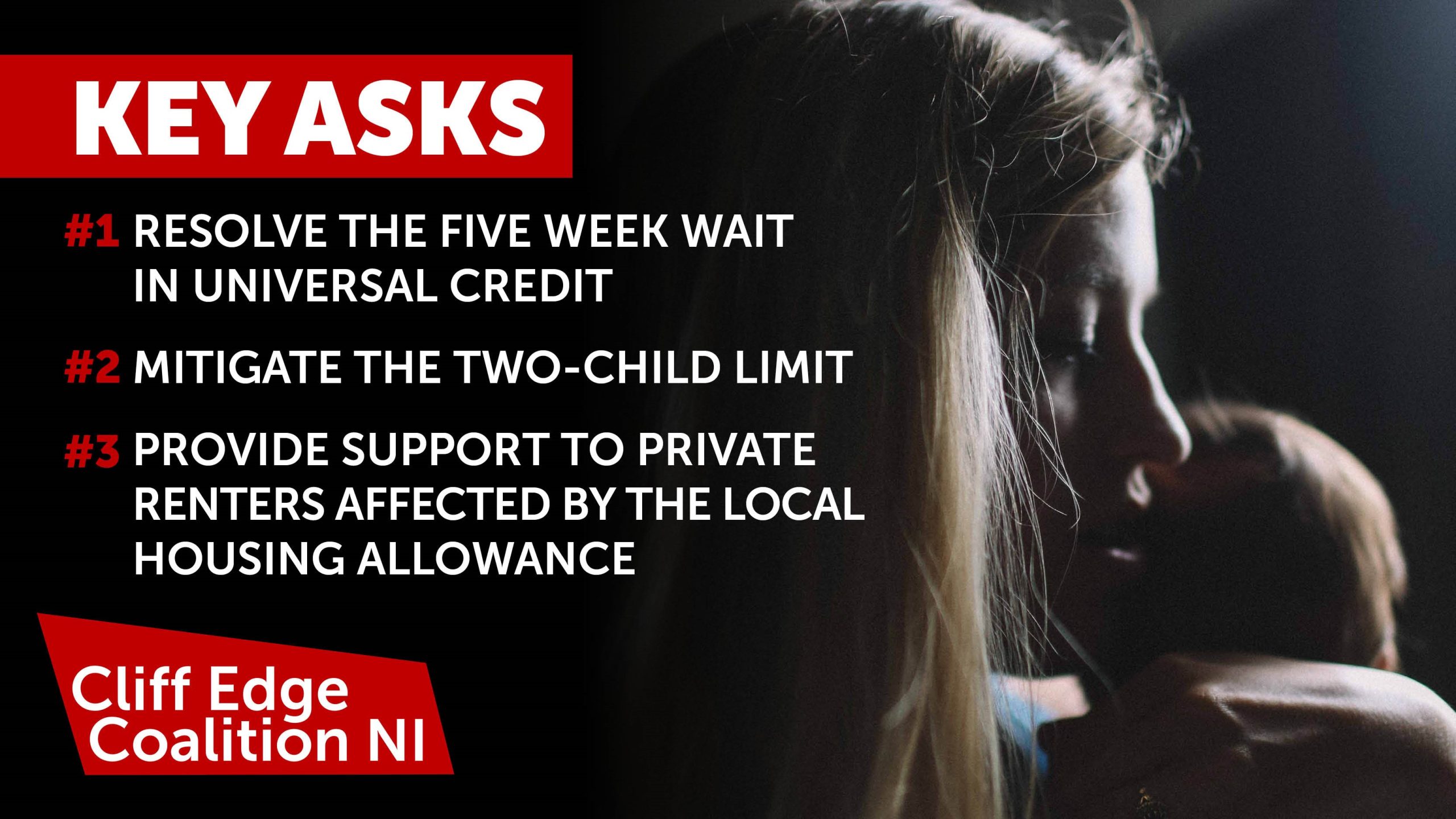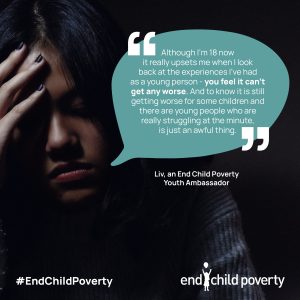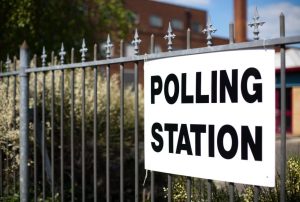Cliff Edge Coalition statement on the restoration of Stormont
19 February 2024
By Becca Bor
NIAPN reprints the Statement published by the Cliff Edge Coalition, first published here.
Cliff Edge Coalition welcomes restoration of devolved institutions and the opportunity to address growing poverty levels and cost of living pressures in Northern Ireland.
The Cliff Edge Coalition is pleased to see the restoration of the Northern Ireland Assembly and Executive and is looking forward to working with the Department for Communities and the new Minister for Communities, Gordon Lyons, to protect people from the damaging effects of poverty in Northern Ireland.
The harsh impacts of welfare reform and significant budget cuts to the Department for Communities are increasing hardship for households in Northern Ireland. This situation is further exacerbated by the ongoing cost-of-living crisis and action is urgently needed to address growing poverty levels.
The Cliff Edge Coalition is calling for three key asks to help strengthen the social security system which will provide important protections against poverty and reduce the risk of debt and destitution.
These are:
Resolving the five week wait in Universal Credit
Based on February 2023 data released by the Department for Communities, there are 71,000 households in receipt of an eligible benefit which will be replaced by Universal Credit (UC) during the ‘Move to UC.’ Those households will have to wait a period of five weeks for the first payment. There is an advance available, but this is a loan and will be withdrawn from future UC payments. Research has shown a strong connection between the five week wait, debt, and increased foodbank use.
Mitigating the two-child limit
New data reveals 1 in 10 children in Northern Ireland live in households affected by the two-child limit. This amounts to over 45,000 children across Northern Ireland. Figures obtained by the End Child Poverty Coalition show the areas with the highest percentage of affected families are in west and north Belfast.
While the cost-of-living crisis continues to hit families across the UK, children who have two or more siblings face greater hurdles, with 42% across the UK living in poverty. The majority of families affected include at least one parent in work, or a parent who is disabled or a carer for another family member.
Providing support to private renters affected by the Local Housing Allowance
Rent has been rising at unprecedented levels in Northern Ireland, almost twice as fast as anywhere else in the UK. This hit a peak of 10% in March 2023. As of Q3 2023, the average price per month for a rental property in Northern Ireland was £810 per month, a 17% increase on the same period in 2021, when it was £691. This can be explained by demand in the private rented sector far outstripping supply, an issue that can only be addressed by tackling the shortage of housing stock in Northern Ireland. These rent rises have resulted in countless more households now facing a shortfall between their housing benefit and their rent than there were in 2020, when there were approximately 32,000 households in the private sector in receipt of UC.
This situation has been exacerbated by recent restrictions to Discretionary Housing Payments, which are paid by the Northern Ireland Housing Executive to mitigate the shortfall between the amount received from Housing Benefit and private rent costs. Those on low income rely on Discretionary Housing Payments to pay their rent, and it often the only thing keeping a roof over their family’s heads. If they fall into arrears, landlords will not wait to evict.
With the return of the devolved institutions, the Cliff Edge Coalition is now looking forward to engaging with Minister Lyons in our campaign to progress these important social security protections for vulnerable people throughout Northern Ireland who are living in poverty and struggling to make ends meet.
The following research and statistics highlight the Coalition’s growing concerns and the need for action:
- The Joseph Rowntree Foundation UK Poverty 2023 Report[1] highlights the Universal Credit five-week wait as one of the key elements in the benefit system that increases poverty.
- The Trussell Trust[2] has identified that the five-week wait for Universal Credit has led to increased foodbank use, acute financial hardship, and damaged households’ longer-term financial resilience.
- Research by Ulster University has found that Universal Credit was repeatedly described as a driver for illegal lending[3] particularly around the harm caused by the five-week wait and issues with short-term benefits loans that were repaid from future benefits.
- 1 in 10 children in Northern Ireland (over 45,000 children) live in households affected by the two-child limit[4], meaning the loss of £3,235 per child per year.
- The average family size is larger in Northern Ireland than Great Britain (GB) with 21.4% of families in Northern Ireland having three or more children compared to 14.7% in the UK.[5]
- Almost 60,000 households in Northern Ireland are in receipt of Local Housing Allowance (LHA). Of these 82% have a shortfall between their LHA and their rental costs. The average shortfall is £115 a month.
- Due to increased demand, the Discretionary Support grants final grant spend in 2022-23 was £40.3million. Following the 2023-24 Budget announcement the budget has been reduced to £20million.[6] This means less help available through the social security system for those with extreme, exceptional or crisis situations.
- An Independent Review of Discretionary Support[7] in Northern Ireland found that 11% of their survey respondents (19 out of 172) said they managed the impact of not getting a Discretionary Support award by borrowing from a local money lender.
[1] UK Poverty 2023: The essential guide to understanding poverty in the UK | Joseph Rowntree Foundation (jrf.org.uk)
[2] https://www.trusselltrust.org/what-we-do/research-advocacy/universal-credit-and-foodbank-use/
[3] Illegal Money Lending and Debt Project, Research Report of Findings, Ulster University and the Consumer Council, March 2020 Illegal_Money_Lending_Report.PDF (consumercouncil.org.uk)
[4] https://endchildpoverty.org.uk/wp-content/uploads/2023/12/MP-briefing.pdf
[5] Office for National Statistics – Families with dependent children by UK countries and English regions 2015
[6] Changes to the Discretionary Support Scheme (communities-ni.gov.uk)
[7] Independent Review of Discretionary Support, Department for Communities, February 2022 https://www.communities-ni.gov.uk/sites/default/files/publications/communities/dfc-independent-review-of-discretionary-support-22.pdf








